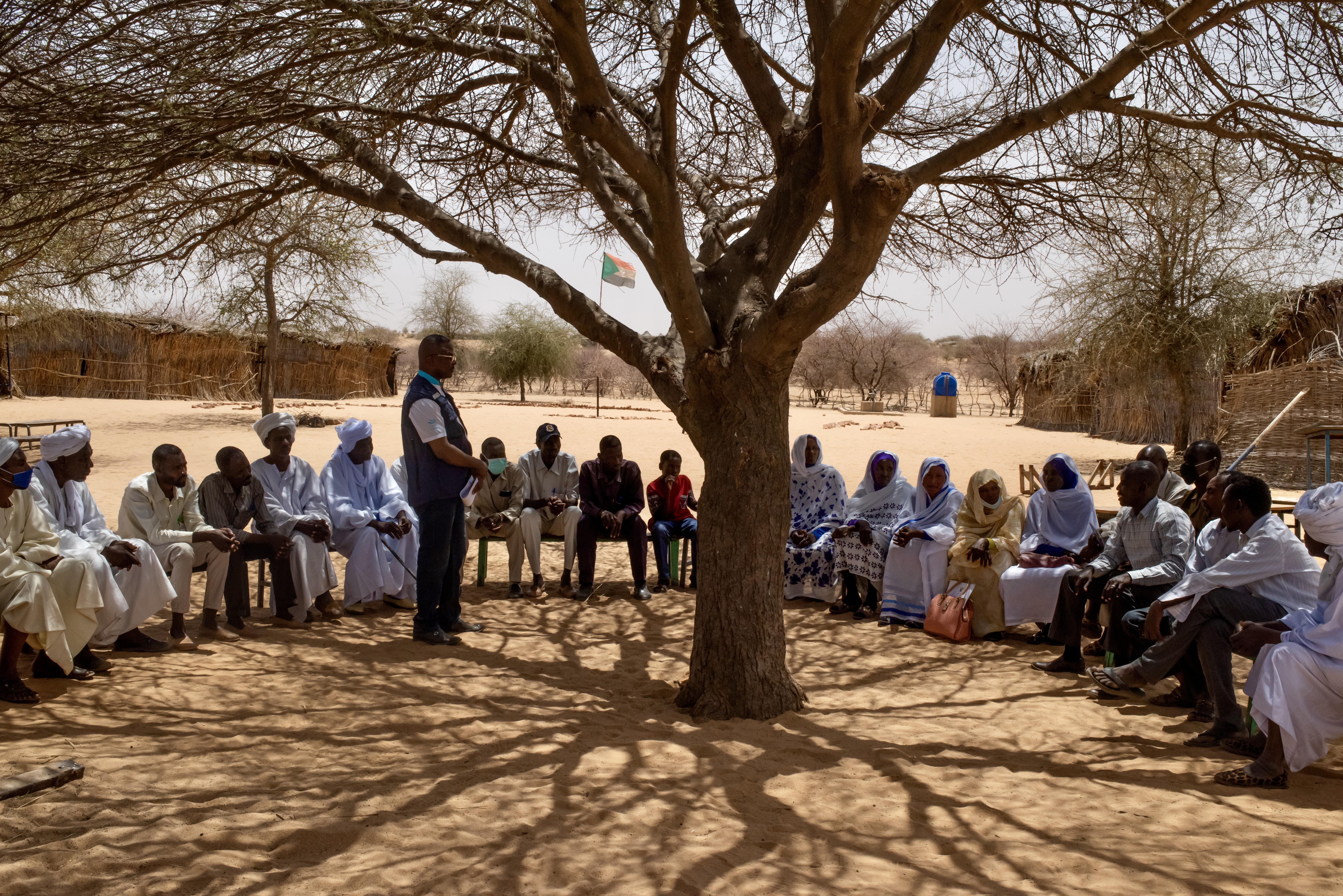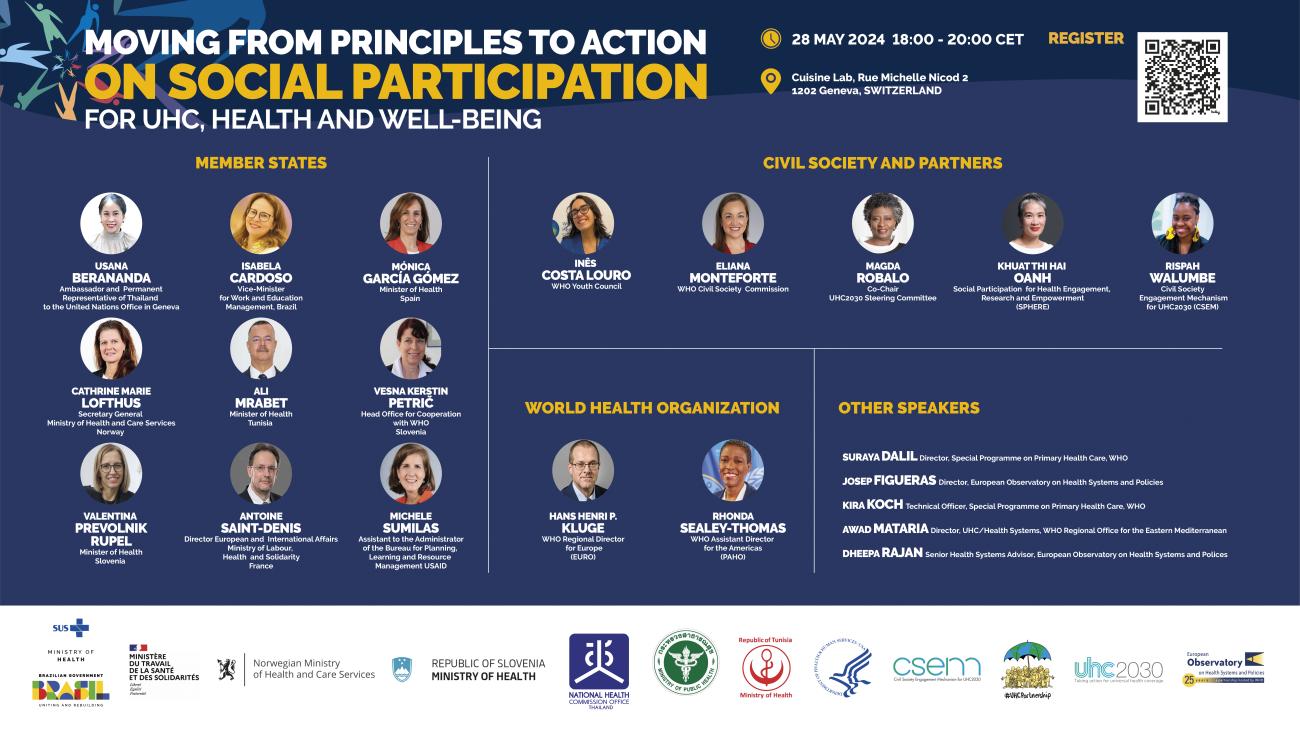Member States have agreed on a resolution on social participation in national health planning and implementation, which paves the way for people, communities, and civil society to have a stronger voice in influencing the decisions that affect their health and well-being.
The resolution aims to tackle health inequities and the erosion of trust in health systems, which is crucial in the face of the unprecedented challenges the world is facing such as climate change, conflicts, and pandemic threats.
Growing evidence shows the transformative potential of social participation to foster trust in health systems, advance equity and align healthcare with people’s lived experiences. Two-way dialogues between government and the people they serve can lead to health policies, strategies and services that are more responsive to people’s needs, particularly those in vulnerable and marginalized situations.
The new resolution recognizes this potential. Its implementation will involve regular and sustained national participatory mechanisms, such as dialogues or consultations and policies that reflect the recommendations generated from these participatory processes.
WHO will continue to work with Member States in implementing this resolution by developing technical guidance and operational tools; offering capacity building support; and documenting and facilitating the sharing of country experiences. WHO is also tasked with reporting progress to the Health Assembly in 2026, 2028 and 2030.
Development of the Handbook on social participation for universal health coverage was supported by the UHC Partnership and presented as part of the World Health Assembly side event, ‘Moving from principles to action on social participation for UHC, health, and well-being’ on 28 May.
Related links
A77/A/CONF./3 Social participation for universal health coverage, health and well-being
A77/A/CONF./3 Add.1 Financial and administrative implications for the Secretariat of resolutions proposed for adoption by the Health Assembly
About the UHC Partnership
The UHC Partnership is one of the core components of the WHO Special Programme on Primary Health Care. It was created by WHO and its development partners in 2011 to bridge the gap between global commitments on UHC and country implementation, by providing the technical expertise needed to reinforce the leadership of the ministries of health in building equitable, resilient and effective health systems based on primary health care. Today, more than 145 health policy advisers are in the field working with WHO offices, national authorities and partners to foster policy dialogue and support countries in a wide range of areas including strategic planning, health governance, harmonization and alignment, health financing, health workforce, medicines and medical products, vaccines, gender, equity, human rights, mental health, noncommunicable diseases, among others.
The UHC Partnership operates in over 125 countries, representing over 3 billion people. It is supported and funded by Belgium, Canada, the European Union, France, Germany, Ireland, Luxembourg, Japan, the United Kingdom of Great Britain and Northern Ireland, and WHO.

